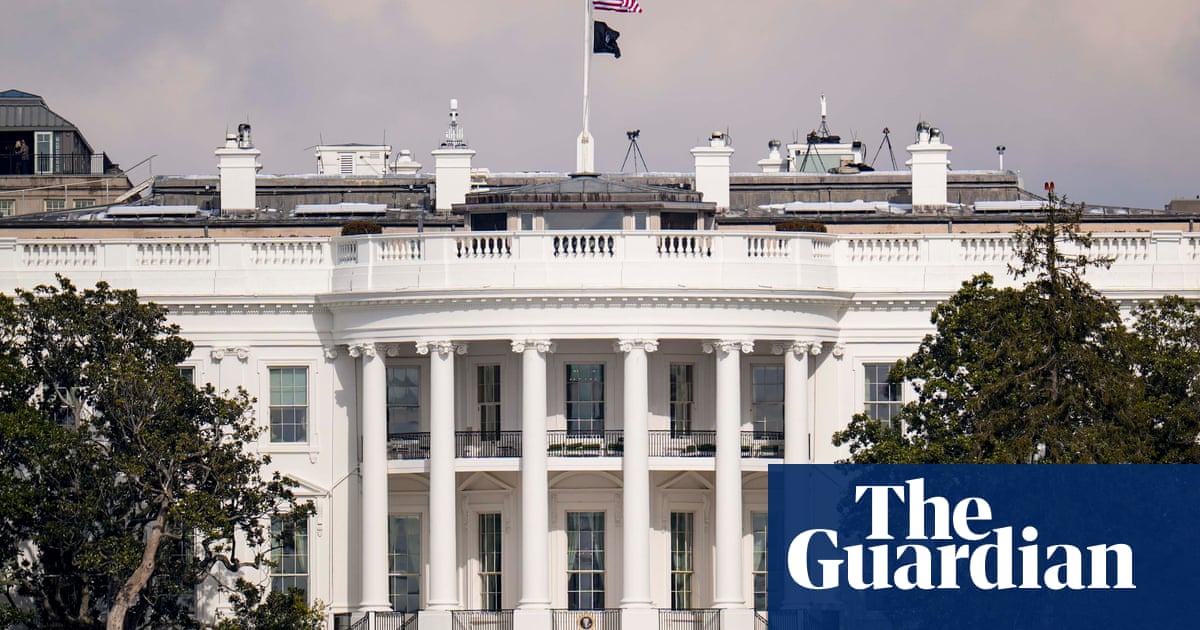The restructuring of the US National Security Council (NSC) under Donald Trump marks a significant shift in the administration's approach to national security. The decision to reduce personnel and grant more authority to other government agencies reflects a broader strategy that could reshape US foreign policy and national defense discussions.
Implications of the Restructuring
The article suggests that the move aims to streamline operations within the NSC, which has historically played a crucial role in coordinating national security strategies. By reducing the staff from hundreds to a few dozen, the expectation is to weaken the centralization of power within the NSC, potentially redistributing responsibilities to the State Department and the Defense Department. This could lead to a more decentralized approach to foreign policy, which may attract certain political supporters who favor less bureaucratic oversight in national security matters.
Public Perception and Potential Manipulation
The restructuring can be perceived as a direct challenge to the previous administration’s approach, specifically that of President Joe Biden, who had a significantly larger NSC staff. This comparison may create a narrative that positions Trump as a reformer seeking to cut down on government waste, appealing to a base that values efficiency and skepticism towards large government bureaucracies. However, the article omits detailed commentary on the risks associated with reduced personnel, such as potentially compromised decision-making capabilities during crises.
Connections to Broader Trends
This news piece can be connected to a broader trend of restructuring within government agencies, which has been a hallmark of Trump's administration. The timing of the announcement, shortly after Marco Rubio’s appointment as national security adviser, suggests a calculated effort to realign priorities and assert new leadership. This change could be viewed as part of a larger strategy to pivot US foreign policy, potentially influencing the geopolitical landscape given the NSC's role in managing international relations.
Impact on Society and the Economy
The cuts to the NSC could have significant ramifications for national security strategy, potentially leading to less cohesive responses to international conflicts. Such changes might create uncertainty in global markets, particularly in defense and security sectors, affecting stock prices of companies reliant on government contracts. Industries may react to the perceived instability in US foreign policy, leading to fluctuations in market confidence.
Target Audience and Support
This news likely resonates with conservative audiences who favor a reduction in government size and who view the NSC as an overreaching entity. The narrative may also attract those who believe in a more militaristic and assertive foreign policy, aligning with Trump's historical stance.
Market and Global Power Dynamics
The implications of these changes could extend to global power dynamics. A streamlined NSC may signal a shift in the US's international posture, potentially affecting alliances and strategic decisions. Investors and global markets may closely monitor these developments, particularly in sectors tied to national security and international relations.
Artificial Intelligence Influence
It is plausible that AI tools were utilized in crafting this article, particularly in synthesizing information and presenting it in a persuasive manner. Models designed for news synthesis may influence the framing of the narrative, focusing on efficiency and reform without delving deeply into the complexities and potential downsides of such drastic changes. The language used suggests an aim to provoke reactions aligned with existing political divides, which is a common technique in media reporting.
The article presents a mixture of factual updates and potential narratives that could shape public perception. While it contains elements of truth regarding personnel changes, the overall presentation leans towards crafting a specific political narrative, which raises questions about the intent behind such reporting.
